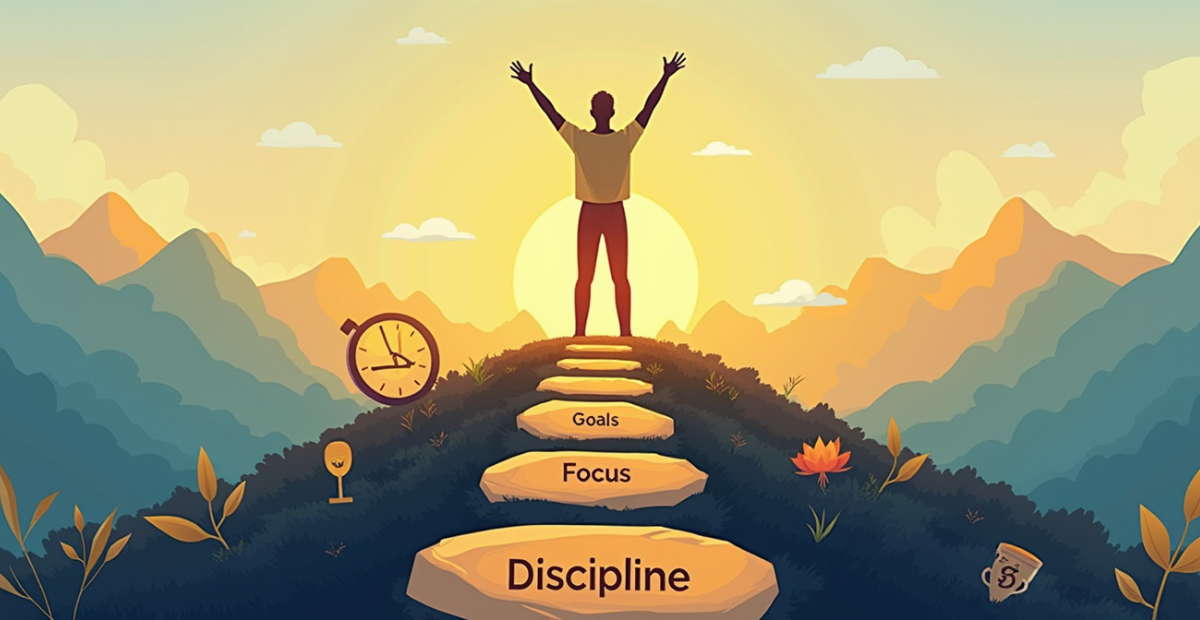Why You Can’t Please Everyone: Embrace Self-Respect and Emotional Resilience
Table of Contents
Introduction
Have you ever felt overwhelmed trying to make everyone around you happy? It’s a common struggle, but the truth is, you can’t please everyone. This realization is crucial for your mental well-being and personal growth. In this article, we’ll explore why trying to please everyone is futile and how embracing self-respect and emotional resilience can lead to a more fulfilling life.
The Futility of Pleasing Everyone
Understanding the Impossibility
Trying to please everyone is like chasing a mirage. People have diverse opinions, preferences, and expectations, making it impossible to satisfy everyone. This constant pursuit can drain your energy and leave you feeling unfulfilled. Moreover, the more you try to please everyone, the more you lose sight of your own values and desires. This can lead to a sense of identity loss, where you no longer know what truly makes you happy.
The Psychological Impact
When you focus on pleasing others, you often neglect your own needs and desires. This can lead to stress, anxiety, and a diminished sense of self-worth. It’s important to recognize that your value doesn’t depend on others’ approval. Constantly seeking validation from others can create a cycle of dependency, where your happiness is contingent on external factors. This can make you vulnerable to manipulation and exploitation, as people may take advantage of your need to please.
Embracing Self-Respect
What is Self-Respect?
Self-respect is about valuing yourself and recognizing your worth. It involves setting boundaries and prioritizing your own needs. When you respect yourself, you’re less likely to be swayed by others’ opinions. Self-respect also means acknowledging your strengths and weaknesses, and being comfortable with who you are. It’s about accepting yourself unconditionally, without seeking approval from others.
How to Cultivate Self-Respect
- Set Boundaries: Learn to say no when necessary. Protect your time and energy. Setting boundaries is essential for maintaining your mental and emotional health. It allows you to focus on what truly matters to you and prevents others from taking advantage of your kindness.
- Practice Self-Compassion: Treat yourself with kindness and understanding, especially during tough times. Self-compassion involves being gentle with yourself when you make mistakes or face challenges. It’s about recognizing that you’re human and that it’s okay to be imperfect.
- Acknowledge Your Achievements: Celebrate your successes, no matter how small. This reinforces your self-worth. Taking time to acknowledge your achievements helps build confidence and reminds you of your capabilities. It’s important to celebrate your progress and not just focus on your shortcomings.
Building Emotional Resilience
What is Emotional Resilience?
Emotional resilience is the ability to adapt to stress and bounce back from adversity. It’s a crucial skill for maintaining mental health and not taking things personally. Emotional resilience allows you to navigate life’s challenges with a positive outlook and a sense of control. It helps you stay grounded and focused, even in difficult situations.
Strategies to Build Emotional Resilience
- Practice Mindfulness: Stay present and observe your thoughts without judgment. Mindfulness involves being aware of your thoughts and feelings without getting caught up in them. It helps you stay calm and centered, even in stressful situations.
- Develop a Growth Mindset: View challenges as opportunities to learn and grow. A growth mindset involves seeing setbacks as learning experiences rather than failures. It encourages you to embrace challenges and persist in the face of obstacles.
- Strengthen Your Support Network: Surround yourself with positive, supportive people. Having a strong support network is essential for emotional resilience. It provides you with a sense of belonging and helps you cope with stress. Reach out to friends, family, or support groups when you need help.
Personal Growth and Pleasing Everyone
The Role of Personal Growth
Personal growth involves continuous self-improvement and learning. It helps you develop a strong sense of self, making you less dependent on others’ approval. Personal growth is about striving to be the best version of yourself and living a life that aligns with your values and goals.
Steps for Personal Growth
- Set Goals: Identify areas you want to improve and set achievable goals. Setting goals gives you a sense of direction and purpose. It helps you stay focused and motivated, and provides a roadmap for your personal growth journey.
- Seek Feedback: Use constructive criticism to grow, not as a personal attack. Feedback is a valuable tool for personal growth. It helps you identify areas for improvement and provides insights into how others perceive you. Embrace feedback with an open mind and use it to enhance your skills and abilities.
- Reflect Regularly: Take time to reflect on your progress and adjust your goals as needed. Regular reflection allows you to assess your progress and make necessary adjustments. It helps you stay on track and ensures that you’re moving in the right direction.
The Importance of Self-Care
What is Self-Care?
Self-care involves taking deliberate actions to maintain and improve your physical, mental, and emotional well-being. It’s about prioritizing your needs and making time for activities that nourish your body and mind.
How to Practice Self-Care
- Physical Self-Care: Engage in regular exercise, eat a balanced diet, and get enough sleep. Physical self-care is essential for maintaining your overall health and well-being. It helps you stay energized and focused, and reduces the risk of illness.
- Mental Self-Care: Engage in activities that stimulate your mind, such as reading, puzzles, or learning new skills. Mental self-care helps keep your mind sharp and enhances your cognitive abilities. It also provides a sense of accomplishment and satisfaction.
- Emotional Self-Care: Practice activities that help you manage stress and emotions, such as journaling, meditation, or spending time with loved ones. Emotional self-care is crucial for maintaining your mental health and well-being. It helps you process your emotions and build resilience.
The Power of Positive Thinking
What is Positive Thinking?
Positive thinking involves focusing on the good in any situation and maintaining an optimistic outlook. It’s about seeing the glass as half full rather than half empty.
Benefits of Positive Thinking
- Improved Mental Health: Positive thinking can reduce stress and anxiety, and improve your overall mental health. It helps you stay calm and focused, even in challenging situations.
- Increased Resilience: Positive thinking enhances your ability to cope with adversity and bounce back from setbacks. It helps you stay motivated and persistent, even when faced with obstacles.
- Better Relationships: Positive thinking can improve your relationships by fostering a more optimistic and supportive attitude. It helps you build stronger connections with others and enhances your social interactions.
FAQs
How can I stop taking things personally at work?
Focus on the task, not the person. Understand that feedback is about the work, not you as an individual. Build emotional resilience and practice self-respect. Remember that everyone makes mistakes and that feedback is an opportunity for growth.
What should I do if I feel hurt by someone’s comment?
Take a step back and assess the situation objectively. Ask yourself if the comment is really about you or if it’s a reflection of the other person’s issues. Practice self-compassion and remind yourself of your worth.
How can I build self-respect?
Set boundaries, practice self-compassion, and acknowledge your achievements. Remember that your worth is not determined by others’ opinions. Focus on your strengths and accomplishments, and treat yourself with kindness and respect.
Conclusion
In conclusion, trying to please everyone is not only impossible but also detrimental to your well-being. By embracing self-respect and building emotional resilience, you can lead a more authentic and fulfilling life. Remember, your worth is not determined by others’ opinions. Prioritize your own needs and happiness, and you’ll find that life becomes much more enjoyable. Embrace the journey of personal growth and self-discovery, and celebrate the unique individual that you are.







